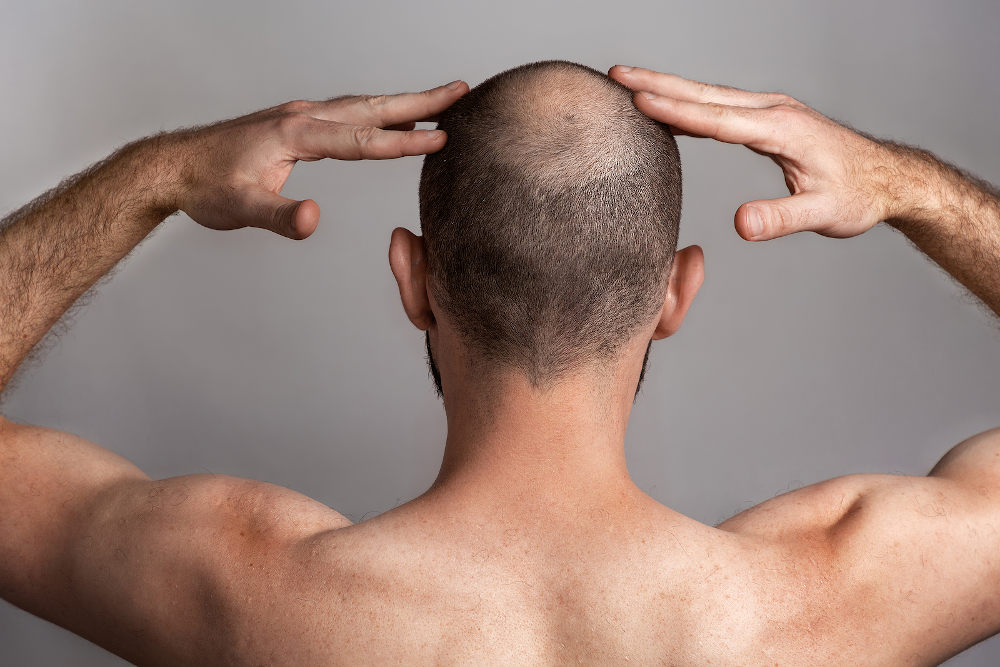As our hair is often linked so closely to our virility and self-confidence, it’s no surprise that many people suffer from mental health problems when faced with hair loss. It can be difficult for some to accept a new life with thinning hair and a receding hairline, but it can be reassuring to know that there are plenty of ways in which this can be dealt with, from accepting the outcome to delaying it entirely.
If you’re suffering from anxiety or depression because of this, then we are here to offer some guidance, so read on for five mental health tips for dealing with hair loss.
Speak to a professional
If you feel like your hair loss is seriously affecting your mental health, then you should speak to a professional who will be able to put your mind at ease. If you’re looking for a professional opinion, then your first port of call should be your doctor. However, if your hair loss isn’t caused by medical reasons, then they may not be able to provide you with a treatment but they will be able to offer you reassurance.
If the reassurance they offer you isn’t enough, then you should speak to a solutions provider who will be able to outline possible treatment options. Providers like GetHair offer lots of advice for people who are struggling with hair loss. Not only can they advise you on ways to alleviate your anxiety, but they can also provide you with more information on the solutions that may help reverse the issue. Armed with this information, you can decide which (if any) treatment option is right for you.

Share your story with family and friends
Hair loss can make you feel socially isolated, so, by sharing your story with your family and friends, you will hopefully feel that a weight is being lifted. Plus, as an added bonus, these are the people who can help you come to terms with your hair loss and will help you navigate through the maze of options available to you.
Similarly, the people you love should be great at putting the problem into perspective. They’ll remind you that this isn’t life-threatening, and they’ll remind you of all your other positive attributes – after all, we are so much more than our hair.
Research the statistics so you don’t feel alone
By doing some research, you’ll understand just how common hair loss is. This will help you gain some extra perspective on the problem and make you realise you’re far from alone. After all, according to the London Evening Standard, 6.5 million men in the UK alone will struggle from male pattern baldness in their lifetime and the problem will affect 50 per cent of men over the age of 50.
Take inspiration from celebrities
If you suffer from thinning hair, then embracing this is often the best way forward, however, if it is causing you mental health problems, then this is easier said than done! The great news is that celebrities can show you just how powerful (and sexy) you can look by embracing the look and shaving your head. After all, Bruce Willis, The Rock and Jason Statham have all shown how impressive the bald look can be.

If you’re still thinking of treatment, then you can rest assured that celebrities have also taken action to hide their hair loss. After all, John Travolta, Jamie Foxx and Gordon Ramsay have all reportedly said to have had hair transplants to cover their thinning hair.
Join a support group
Many people suffer with their hair loss problem in silence. However, as this BBC article shows, a lot of men often feel the same way. As a result, talking to people who are also going through the hair loss journey with you can be hugely beneficial.
By joining a support group, you’ll be able to learn from like-minded people and professionals who will also be able to talk you through how you’re feeling. It’s also a great opportunity to make friends with people who know are experiencing the same thing.






















